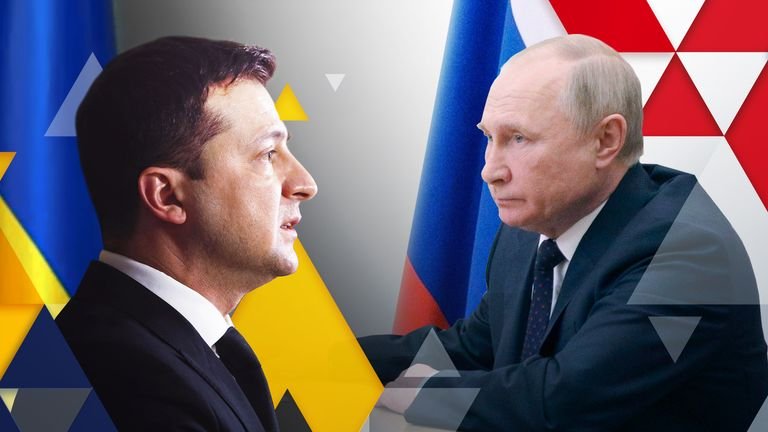The Russia-Ukraine conflict continues to intensify, with the latest developments highlighting both the deepening military confrontation and the growing diplomatic fatigue on the international stage. Overnight, Russia launched a large-scale missile and drone assault across multiple Ukrainian territories, striking five regions and causing significant infrastructure damage and civilian disruption. According to Ukrainian military officials, 87 drones were deployed in the barrage, with air defense systems successfully intercepting 33. The attacks targeted critical facilities, including power substations and military logistics hubs, contributing to widespread power outages and further destabilizing Ukraine’s defense efforts.
On the battlefield, Russian forces have reportedly made tactical gains. Moscow announced the recapture of Oleshnya in the Kursk region, a development that Ukrainian officials have yet to fully confirm. Meanwhile, in eastern Ukraine, Russian troops have entrenched themselves in the contested village of Kalynove in the Donetsk region, reinforcing their positions with armored units and artillery. These advances mark a concerning shift in momentum, suggesting that Russia may be preparing for a broader spring offensive aimed at reclaiming lost ground and consolidating strategic points.
Diplomatically, the situation is growing increasingly bleak. U.S.-led peace efforts are teetering on the edge of collapse. President Donald Trump, speaking at a press conference, admitted that the peace process is “proving more difficult than anticipated,” and suggested that Washington may soon scale back or completely withdraw from its mediation role. This statement has fueled speculation about a possible shift in U.S. foreign policy toward a more isolationist stance. Secretary of State Marco Rubio reinforced this message during a briefing, stating that American involvement could end within days if meaningful progress is not achieved. These remarks have raised alarms in Kyiv and among NATO allies, who view continued U.S. engagement as essential to counterbalance Russian aggression.
Despite these developments, some glimmers of diplomatic hope remain. Vice President JD Vance, who met with European leaders in Rome, expressed cautious optimism about ongoing negotiations, saying that a path to de-escalation still exists if “all parties commit to practical dialogue.” However, he also warned that time is running out and that public patience, both in Europe and the United States, is wearing thin.
Other international actors are becoming increasingly involved. Australia is stepping up its diplomatic campaign to secure the release of Oscar Jenkins, an Australian national captured by Russian forces while volunteering in Ukraine. His case has become a rallying point for international concern about the treatment of foreign fighters and has added another layer of complexity to the already strained relations between Moscow and the West.
Meanwhile, Ukraine continues to tighten its sanctions regime. In a bold move, Ukrainian officials imposed new sanctions on several Chinese and Russian companies believed to be assisting Russia’s missile production programs. These sanctions target firms involved in the supply of electronic components, dual-use technologies, and raw materials that could be used in weapon manufacturing. Kyiv’s actions signal growing frustration with countries perceived as indirectly fueling Russia’s war effort.
Negotiations are reportedly underway for a new prisoner exchange between Russia and Ukraine, with the United Arab Emirates acting as a neutral intermediary. This exchange is seen as a potential confidence-building measure, though past swaps have been fraught with logistical hurdles and last-minute complications.
Perhaps the most controversial revelation in recent days is the U.S. reportedly considering recognition of Russian control over Crimea as part of a broader peace framework. While still unofficial, the possibility has sparked fierce debate in policy circles. Supporters argue it could serve as a necessary concession to achieve a ceasefire, while critics warn that such recognition would legitimize territorial aggression and set a dangerous precedent in international law.
Overall, the war in Ukraine is entering a new and uncertain phase. As the military conflict grinds on with no clear end in sight and diplomatic avenues falter, the humanitarian toll continues to rise. The coming weeks are expected to be pivotal—not only in determining the trajectory of the conflict, but also in shaping the geopolitical balance in Europe for years to come.


















Elizabeth
Hehe
Erry123
Good move
IDDRISU ABDUL WARIS
Good work
Samuel Boafoh
the situation is growing increasingly
Samforex
Good
Amanda Ariella
War is not for the weak